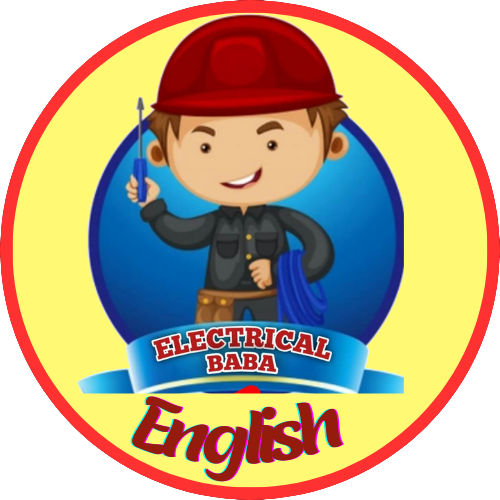MCB stands for Miniature Circuit Breaker, which is an important electrical device used in the circuit to protect against electrical overload and short circuit. It is an automatically operated switch that interrupts the flow of current when it exceeds a certain limit, thereby preventing damage to the circuit and the devices connected to it.
The MCB is one of the most important components of the electrical distribution system, and it is used in various applications, including home lighting systems, geysers, air conditioning units, electrical wiring, and commercial equipment, among others.
How does an MCB work?
An MCB works on the principle of electromagnetism and thermal effect. It consists of a bimetallic strip and an electromagnet, which are both connected to the circuit. When the current flows through the MCB, the bimetallic strip heats up due to the thermal effect of the current.
If the current exceeds the rated value of the MCB, the bimetallic strip bends and releases the mechanical lever. The mechanical lever, in turn, trips the electromagnet, which opens the circuit by breaking the contact of the circuit. This process happens very quickly, and the circuit is disconnected in just a few milliseconds.
Types of MCBs
There are different types of MCBs available in the market, each with its own specific features and applications. The most common types of MCBs are:
- Type B – This type of MCB is suitable for circuits that have low inrush currents and low magnetic trip levels, such as lighting circuits.
- Type C – This type of MCB is suitable for circuits that have moderate inrush currents and magnetic trip levels, such as motor control circuits.
- Type D – This type of MCB is suitable for circuits that have high inrush currents and high magnetic trip levels, such as transformer circuits.
Advantages of MCB
There are several advantages of using an MCB in an electrical circuit, some of which are listed below:
- Quick and reliable operation: MCBs operate very quickly and are reliable in protecting the circuit against overloads and short circuits.
- Better control: MCBs provide better control over the electrical distribution system and can be easily reset after tripping.
- Cost-effective: MCBs are cost-effective compared to other circuit protection devices and require less maintenance.
- Improved safety: MCBs improve the safety of the electrical system by preventing damage to the circuit and the devices connected to it.
Mcb company in india
There are several companies in India that manufacture MCBs (Miniature Circuit Breakers). Some of the top MCB manufacturers in India include:
- Schneider Electric India – a subsidiary of the French company that specializes in energy management and automation solutions, including MCBs.
- Legrand India – a subsidiary of the French company that produces a wide range of electrical and digital building infrastructure products, including MCBs.
- Havells India – an Indian company that produces a variety of electrical products, including MCBs, circuit breakers, and switches.
- L&T Electrical & Automation – a division of Larsen & Toubro Limited, an Indian multinational conglomerate that produces a wide range of engineering, construction, and electrical products, including MCBs.
- Siemens India – a subsidiary of the German multinational conglomerate that produces a variety of electrical and electronic products, including MCBs.
- ABB India – a subsidiary of the Swiss-Swedish multinational corporation that produces a wide range of power and automation technologies, including MCBs.
- C&S Electric – an Indian company that produces a variety of electrical products, including MCBs, MCCBs, and ACBs.
These companies offer a range of MCBs with different ratings, breaking capacities, and trip characteristics to suit different applications. It is essential to choose an MCB from a reputable manufacturer to ensure that it is of high quality and meets relevant safety standards.
Conclusion
In conclusion, an MCB is an important device used in the electrical distribution system to protect against overloads and short circuits. It operates on the principle of electromagnetism and thermal effect and is available in different types, each with its own specific features and applications. The use of MCBs improves the safety and reliability of the electrical system and is a cost-effective way to protect against electrical overload and short circuits.
You should also read this
| Home Page | Click here |
| Electrical Theory | Click here |
| Earthing | Click here |
| Electrical Equipment | Click here |
| Free Electrical Training | Click here |
| Transformer | Click here |
